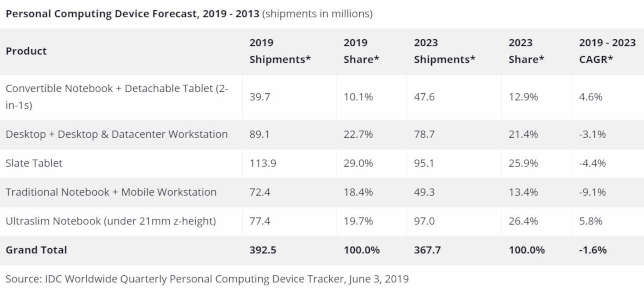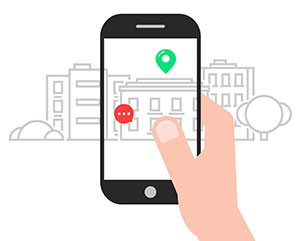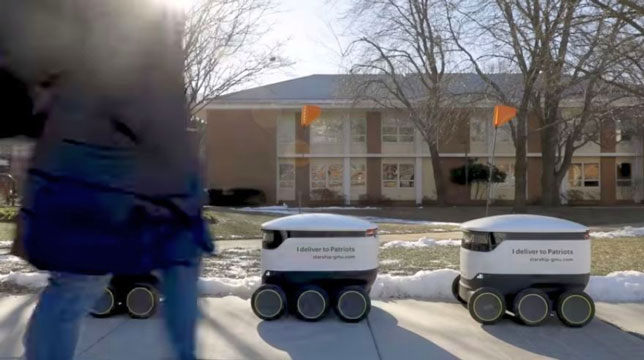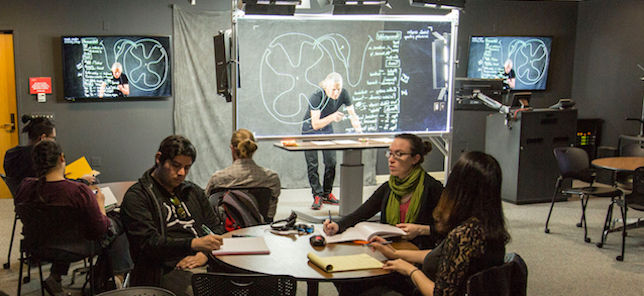
Students at Georgia's Mercer University can now use their iPhones or Apple Watches to access buildings and facilities, buy food, register for events and handle other ID card tasks.

While traditional personal computers and tablets are continuing to lose their luster worldwide, other types of computing devices are holding strong.

In spite of the notion that students could conceivably take online courses from an institution anywhere in the world, two-thirds stick close to home — choosing a college or university within 50 miles of where they live, according to an annual survey of online students done by Wiley company Learning House.

A majority of students prefer Apple's Mac and view organizations that offer Mac computers as more modern and desirable places to work. That's the primary finding in a survey sponsored by Jamf, which produces software specifically for managing Apple devices.
Smart phones will continue to decline for the third straight year in 2019, but the advent of 5G will help propel mobile device growth at least through 2023, according to a new market forecast.

Wearable devices will continue to see healthy growth over the next five years, driven by new use cases, new devices and the rise of smart assistants.

Orange County Community College, part of the State University of New York system, is rolling out an augmented reality campaign aimed at engaging new and returning students. The institution is working with Imagination Park to implement XenoPlay, a mobile app that will allow students to use their phones to access interactive entertainment options in A.R.

George Mason University has what is easily one of the first large-scale college programs to use robots to deliver food on campus.

When you allow an app to identify your current location through your mobile device, is the result being used to optimize your experience or putting your private data at risk? That's the question behind a study undertaken by researchers at MIT and Imperial College London, who recently published their findings in IEEE's Transactions on Big Data. According to the study, the compilation of massive, anonymized datasets detailing people's movement patterns through their location stamps can be used for "nefarious purposes."

FLEXspace, the Flexible Learning Environments eXchange, has changed over time, starting out in 2013 as a great place to showcase and exemplify learning spaces, then rapidly growing to include a comprehensive toolset for planning and assessing these spaces, and now connecting a vibrant research community. Here, CT gets an update from FLEXspace.org pioneers Lisa Stephens and Rebecca Frazee.